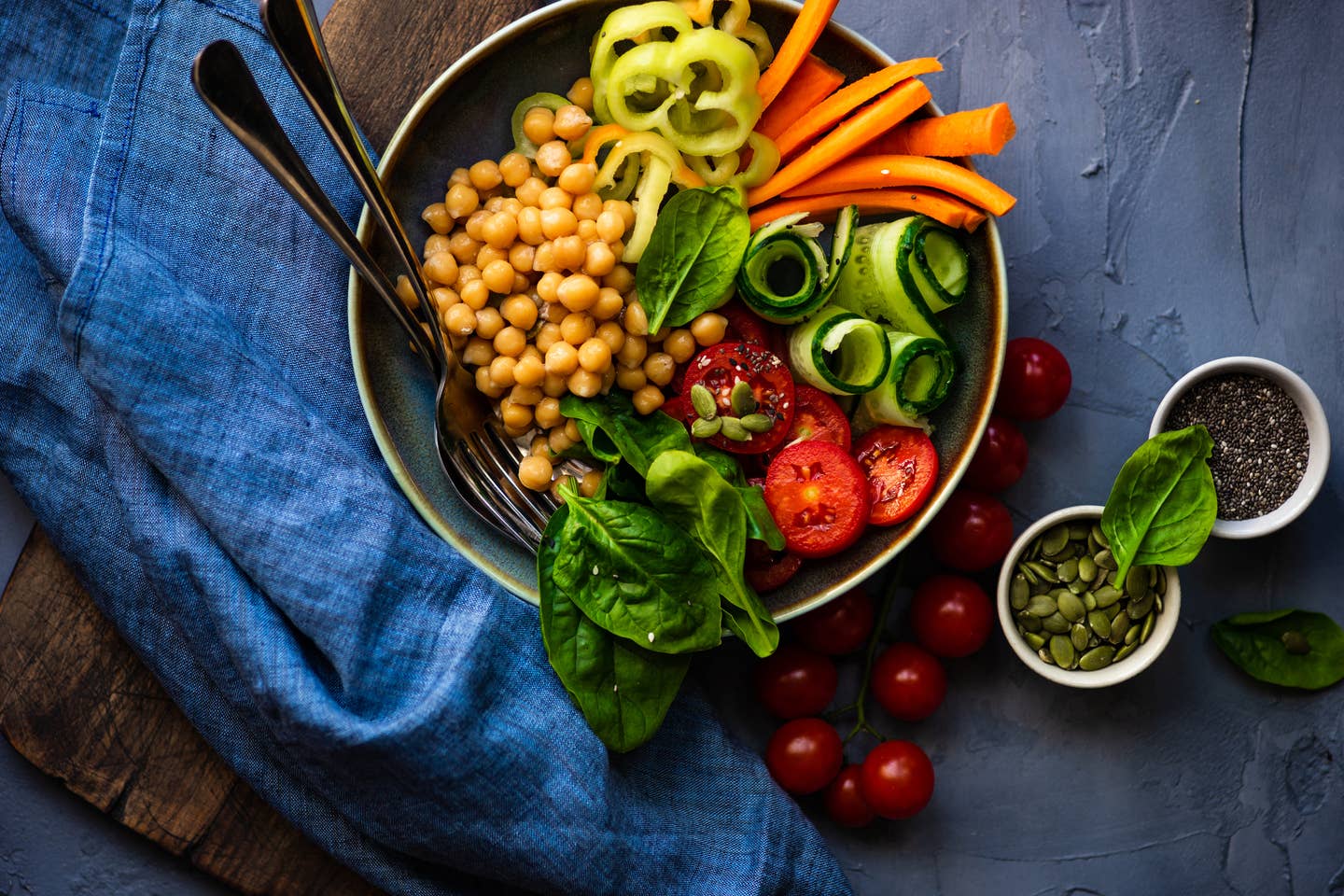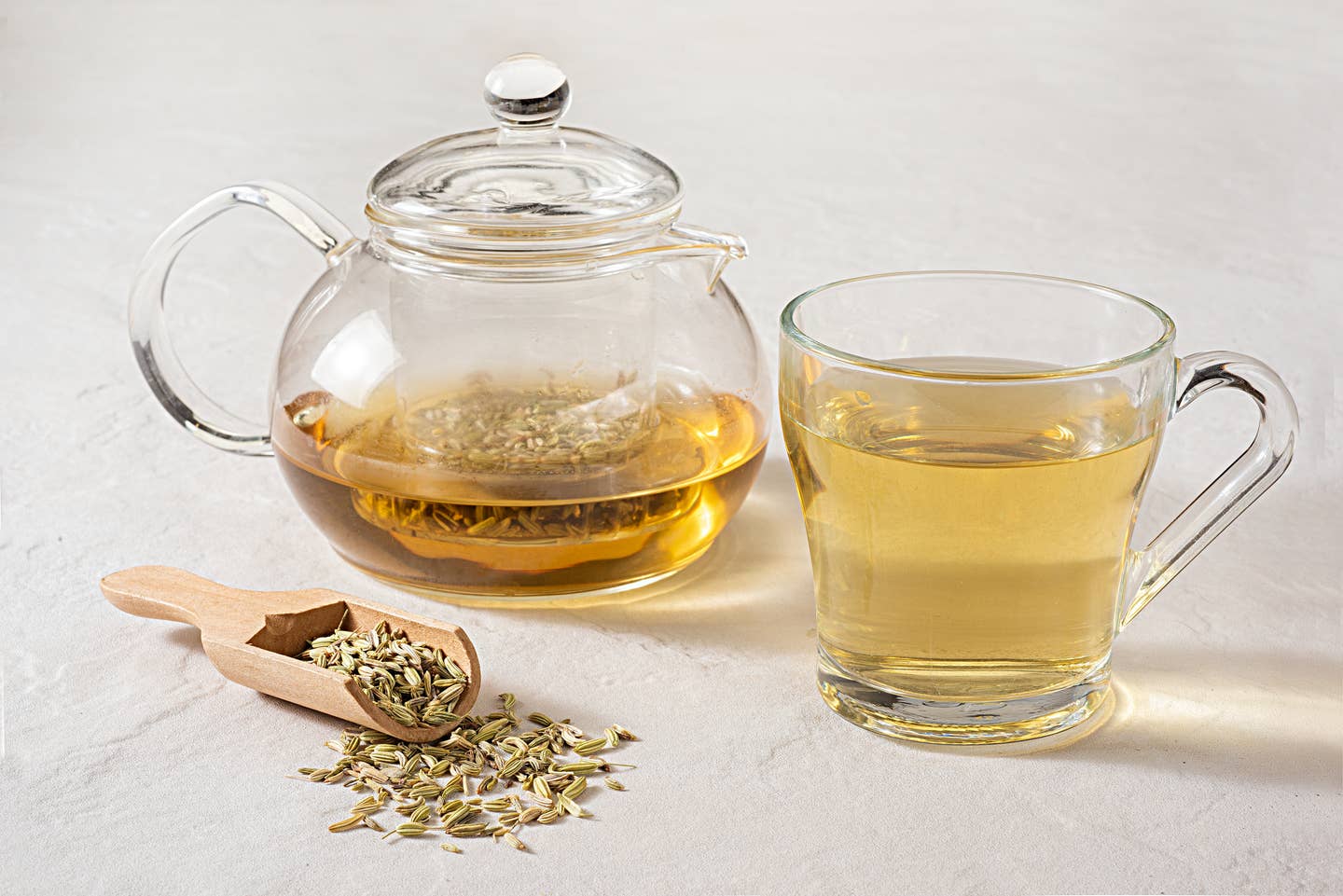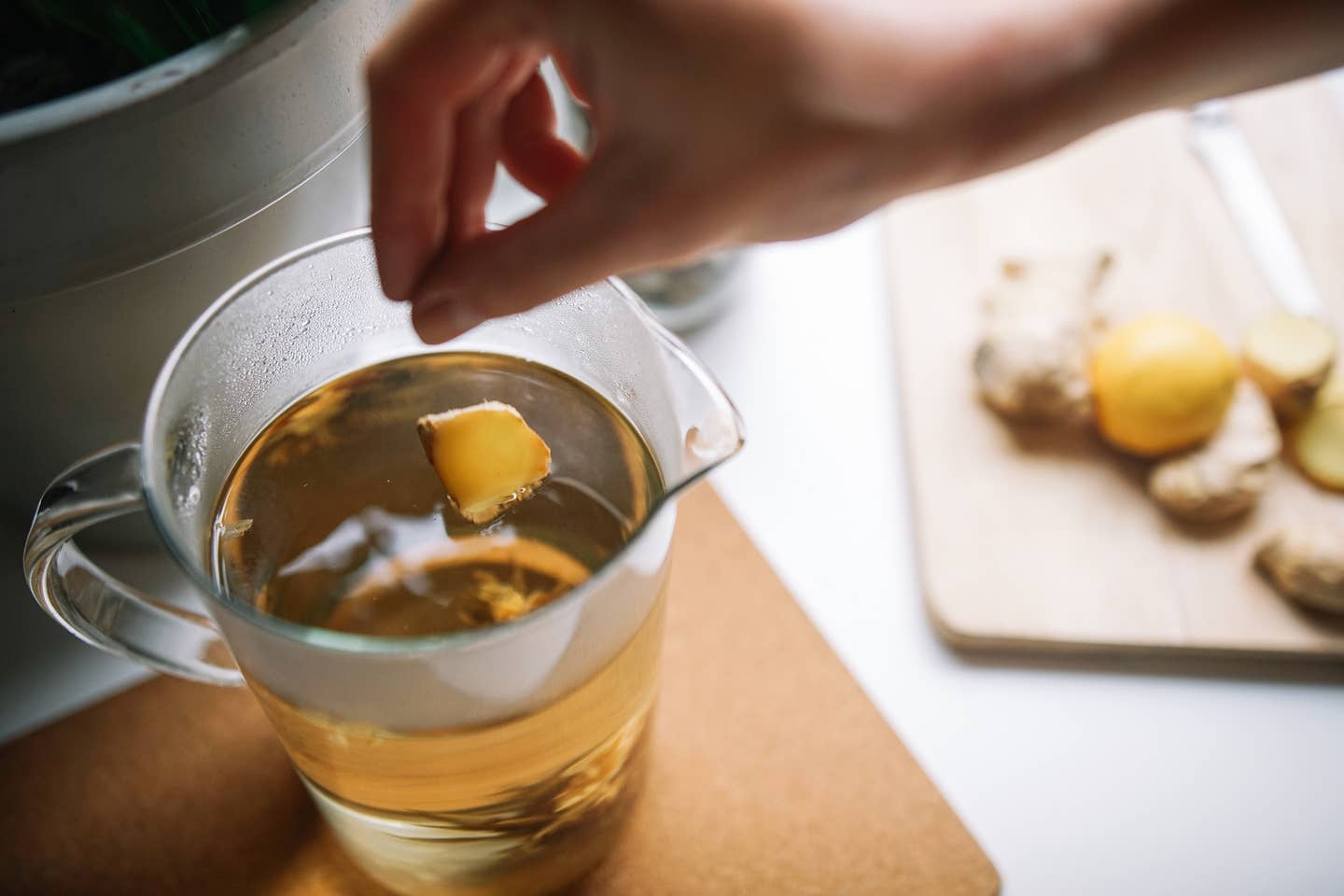
What to Eat for Mental Health: The 4 Best Natural Anti-Depressant Plant Foods
The connection between food and mental health is now well established, with studies from across the world highlighting links between diet and brain function, including emotional wellbeing. But it seems certain foods are better for your mental state than others. According to new US and Canadian research, four groups of plant foods are amongst the top-scoring foods for anti-depressant nutrients that have been proven to promote mental health and help manage depression.
Mental health nutrition, also known as nutritional psychiatry, is a rapidly growing area of science – blending nutrition, dietetics, and psychiatry to explore the effects of dietary changes on mental wellbeing. As far back as 2015, an international collaboration of academics recommended that nutritional psychiatry become part of routine clinical practice for mental health.
Given that depression is the leading cause of adult disability worldwide, affecting over 16 million adults in the US (or 6.7 percent of the adult population) each year, exploring the links between food and mental health has never been more important.
The Anti-Depressant Food Score
Currently, the majority of brain-health food guidelines center on following a Mediterranean-style diet rich in extra virgin olive oil, whole grains, lean protein, and fresh fruits and vegetables, while minimizing processed foods and refined carbohydrates. In a study published in the World Journal of Psychiatry in 2018, the authors created an antidepressant food score by conducting a systematic literature review to derive a list of Antidepressant Nutrients from the 34 nutrients known to be essential for humans using the level of evidence criteria.
12 vitamins, minerals, and healthy fats identified as antidepressant nutrients
The authors of the study, Laura R LaChance, Department of Psychiatry, University of Toronto,
and Drew Ramsey, Department of Psychiatry, Columbia University College of Physicians and Surgeons, in New York, examined the evidence for nutrients that play a role in mental health and compiled a list of 12 key vitamins, minerals, and fats that they identified as "Antidepressant Nutrients."
- Folate
- Iron
- Magnesium
- Potassium
- Selenium
- Thiamine (B1)
- Omega-3 fatty acids EPA (eicosapentaenoic acid) and DHA (docosahexaenoic acid)
- Vitamin B6
- Vitamin A
- Zinc
- Vitamin 12
- Vitamin C
Next, they explored the nutritional data for foods known to contain at least 1 of these nutrients and created a scoring system based on each food’s density of the antidepressant nutrients.
They created a score to rate which foods had the highest chance to fight symptoms of depression or help those in recovery. "The Antidepressant Food Score was designed to identify the most nutrient-dense individual foods to prevent and promote recovery from depressive disorders and symptoms," the authors wrote.
The 4 Top Antidepressant Plant Foods
Plant-based foods score well for nearly all these relevant nutrients. According to the antidepressant food score, the top 4 plant foods for nutrients known to support mental health are leafy greens, lettuces, peppers, and cruciferous vegetables.
1. Leafy greens
Leafy greens are especially high in folate (the name folate derives from the Latin word for ‘foliage’ which gives us a clue about where to find this nutrient!), vitamin C, Vitamin B1, magnesium, potassium, iron, and beta-carotene, the plant-based precursor to vitamin A. Examples that people can eat include:
- spinach
- watercress
- mustard greens
- turnip greens
- beet greens
2. Lettuces
Lettuces have a similar nutrient profile. Generally speaking, the darker the leaf the more nutrient-dense it is. There are 4 main categories of lettuce; in order of nutrient density, they are:
- Romaine
- Loose leaf
- Butterhead
- Iceberg
3. Peppers
The high antidepressant food score of peppers comes from their rich content of vitamin C, thiamine, beta-carotene, folic acid, and vitamin B6. They are also a good source of phytochemicals such as flavonoids and lycopene, which can offer protection against heart disease and cancer. Peppers to include are:
- Bell peppers
- Serrano peppers
- Jalapenos
4. Cruciferous vegetables
Cruciferous vegetables are nutritional powerhouses, providing the antidepressant nutrients folate, vitamin C, thiamine, zinc, magnesium, iron, potassium, vitamin B6, and beta-carotene, alongside phytochemicals like glucosinolates and chlorophyll. They contain glucosinolates which support liver detoxification pathways, helping hormones and toxins to be safely excreted from the body.
Cruciferous vegetables to include in the anti-depression diet are:
- cauliflower
- cabbages
- Brussel sprouts
- arugula
- radish
- broccoli
- kale
How do antidepressant foods improve mood?
These nutrients positively impact mental health in several ways:
- Promoting neuroplasticity: Omega-3 fatty acids promote the expression of a substance called Brain Derived Neurotropic Factor (BDNF) which influences the plasticity of neurons, i.e. how brain cells reshape and adapt themselves when new information is received.
- Reducing inflammation: The antioxidant nutrients vitamin C, vitamin A, zinc, and selenium work alongside omega-3 fatty acids, and phytochemicals like flavonoids to modulate inflammation in the brain. Inflammation is thought to be one of the key causes and consequences of depression and modern Western diets are high in pro-inflammatory refined foods and toxins.
- Supporting neurotransmitter formation and function: The neurotransmitters serotonin, dopamine, acetylcholine, and GABA (gamma-aminobutyric acid) work as a team to influence moods, appetite, alertness, motivation, and feelings of pleasure, calm, and satisfaction. They are reliant on plentiful supplies of antidepressant nutrients, particularly magnesium, vitamin C, vitamin B1, zinc, and vitamin B6. Some of the top 4 antidepressant plant foods are also key sources of these neurotransmitters themselves. Peppers, spinach, and lettuce for example all contain serotonin, and cruciferous vegetables and spinach supply GABA.
- Nourishing the gut microbiota: Cruciferous vegetables, peppers, lettuces, and leafy greens are rich in fiber, the most important food for the trillions of beneficial microbes living in your gut. The gut bacteria ferment this fiber and produce short-chain fatty acids which act as signaling molecules between the gut and the brain, influencing mental wellbeing.
Can Plant Foods Supply All the Antidepressant Nutrients?
A plant-based diet can easily supply most of the antidepressant nutrients, but there are three that are harder to source. Iron, omega-3 fats, and vitamin B12 require a little extra help and possibly supplementation, to make sure your specific individual needs are met.
Plant sources of iron are often also high in phytates – plant substances that bind to iron and other minerals, blocking their absorption. Beans and lentils are good sources of plant-based iron but also contain phytates. Soaking them for a few hours before cooking can help reduce phytate levels – remember to rinse them thoroughly after soaking and cook in freshwater.
Find out more about so-called 'anti-nutrients' in plant foods and why it's important to still eat these plant-based foods.
Eat vitamin C and iron-rich foods together for better absorption
Combining foods high in vitamin C and iron-rich foods is a great way to enhance iron absorption. Try the following:
- add a lemon juice dressing to dark leafy greens
- include peas or parsley in a lentil dahl
- add chopped strawberries and kiwis to a bean and salad
When it comes to omega-3 fatty acids, plant foods give us the ‘parent’ fatty acid of EPA and DHA, called alpha-linolenic acid (ALA). We then convert this to EPA and DHA, but the conversion pathways rely on ready supplies of several vitamins and minerals including vitamin C, magnesium, biotin, and zinc. If you are under stress or have any other high demands for these nutrients, the conversion pathways won’t work as efficiently. Even with good supplies of these nutrients, a lot of ALA is lost in the conversion process, resulting in low amounts of EPA and DHA.
Including sources of ALA every day gives your body the best shot for creating EPA and DHA, and this can be done by using good quality cold-pressed flax or hemp oil in dressings and smoothies. For an extra boost, supplements of DHA and EPA derived from algae can be helpful.
Vitamin B12 is present in some plant foods but isn’t bioavailable and usable to us in these forms. Instead, look for plant-based foods fortified with B12 like soy milk and nutritional yeast flakes. It can take several years for a B12 deficiency to physically manifest and it's important to monitor any symptoms and get your B12 levels checked if you have any concerns. Remember that many common over-the-counter medications like antacids can impair B12 absorption so if you use these regularly, see your healthcare practitioner for advice.
Bottom line: Enjoying as many different types of plant foods as possible is key to a successful plant-based diet.
To support your mental health eat leafy greens, cruciferous vegetables, lettuces, and peppers on a regular basis, alongside B12-fortified plant foods and cold-pressed seed oils.
Read these articles next to find out what to eat to stress less and how to take care of your mental health from a psychiatrist.
More From The Beet






